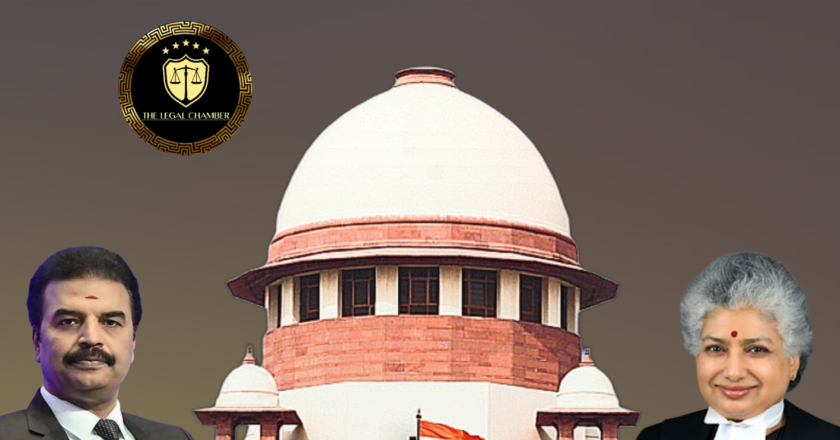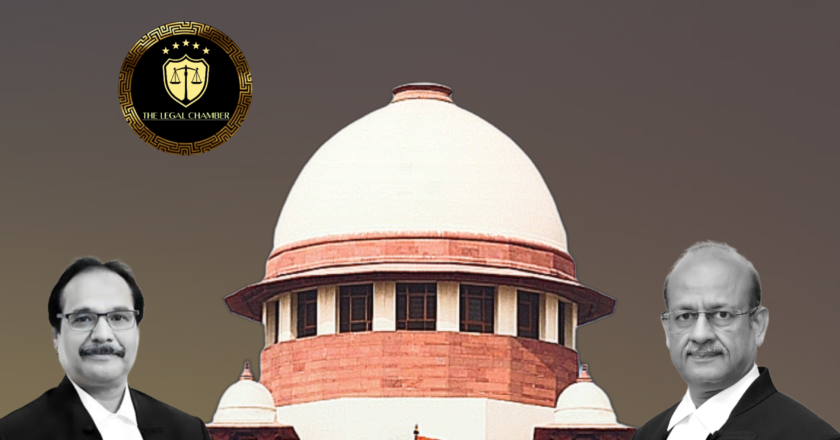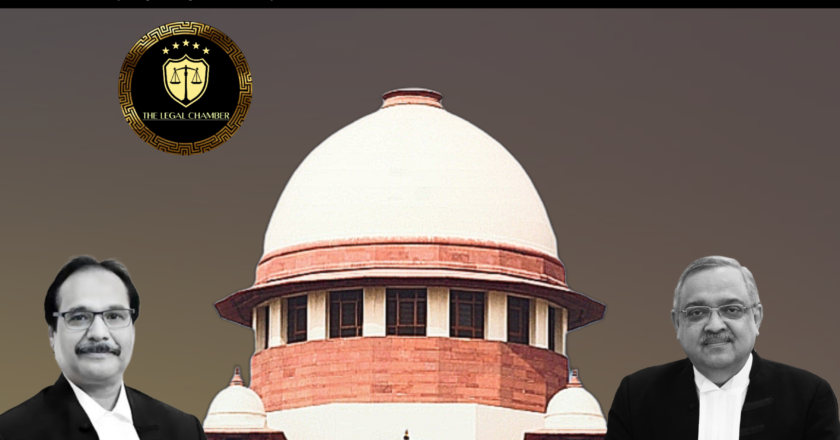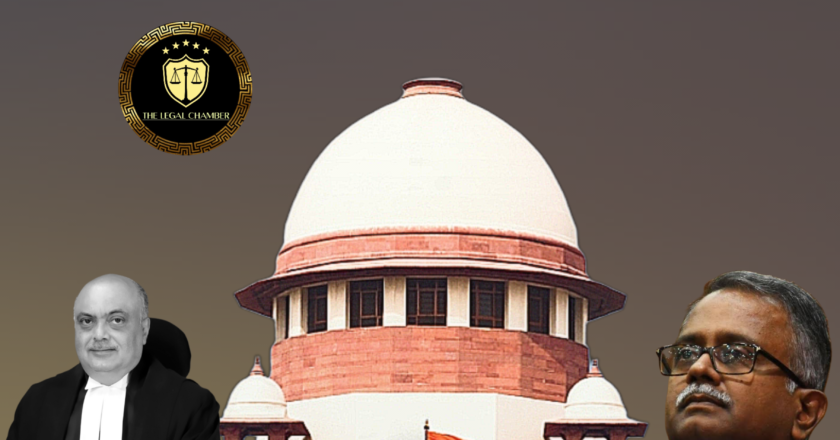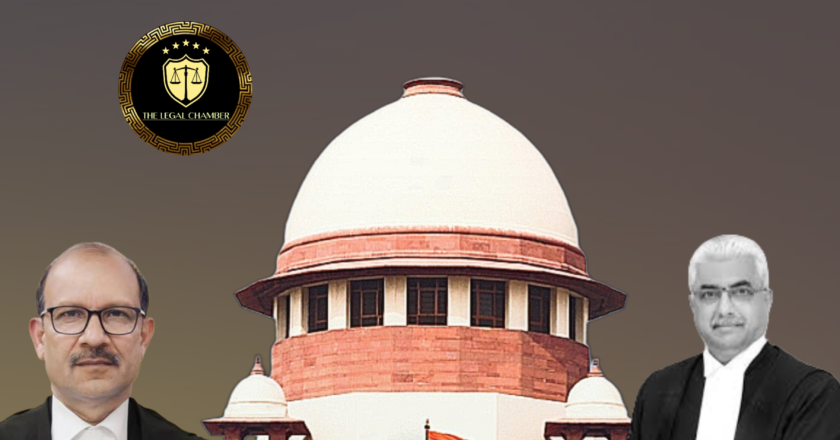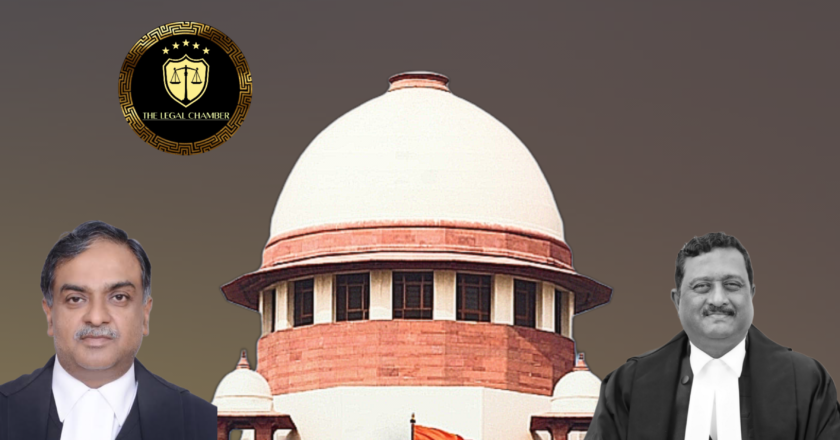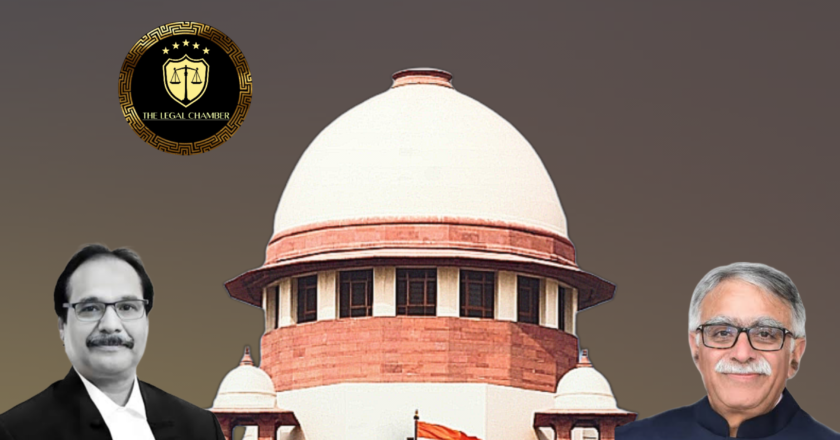Supreme Court Quashes FIR in Property Dispute, Says Mere Breach of Contract Isn’t Cheating
The Supreme Court quashed criminal proceedings under Sections 406 and 420 IPC, holding that mere breach of contract does not constitute a criminal offence absent proof of dishonest intent at the inception. The allegations disclosed only a civil dispute, and continuing criminal prosecution amounted to an abuse of the process of the court.
Facts Of The Case:
The appellant, Arshad Neyaz Khan, entered into an agreement to sell his property to the complainant, Md. Mustafa, in February 2013 for a consideration of Rs. 43,00,000, out of which an advance of Rs. 20,00,000 was paid. Nearly eight years later, in January 2021, the complainant filed a criminal complaint alleging that the appellant had failed to either transfer the property or refund the advance amount, accusing him of cheating, crimin...
